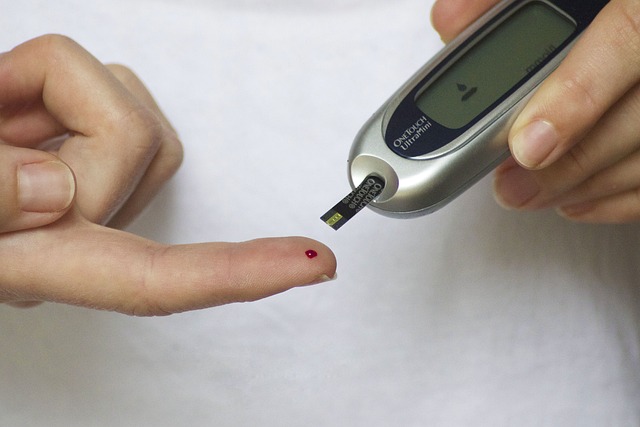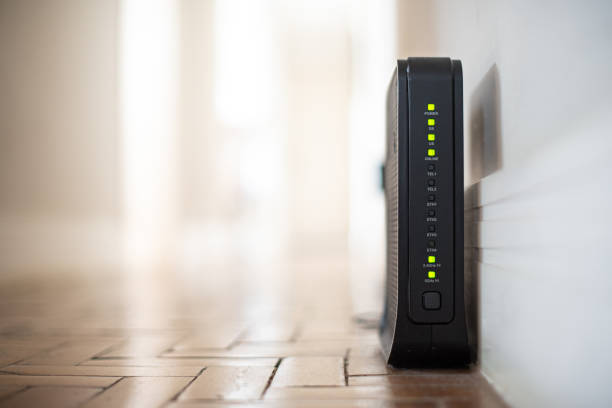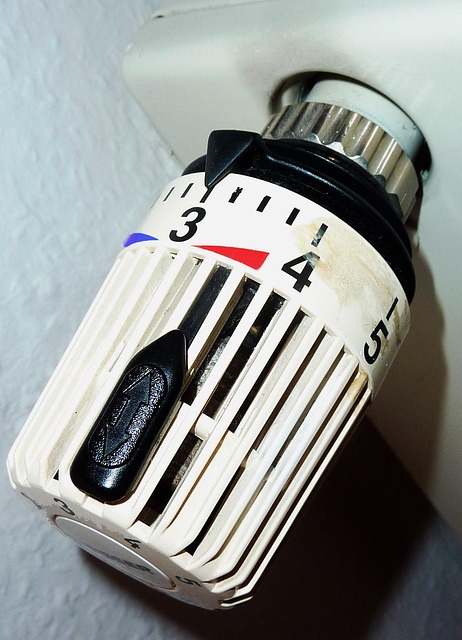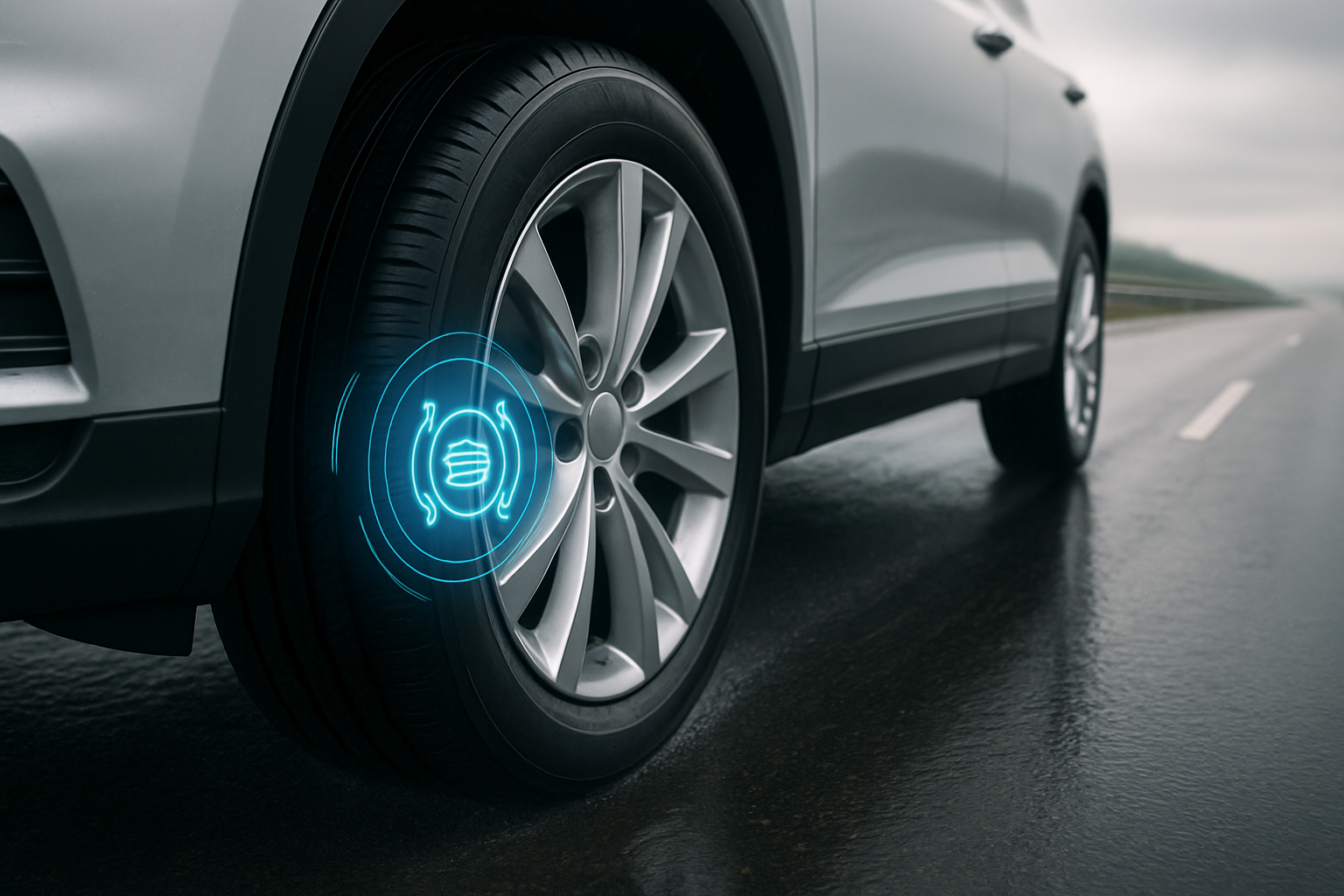How Technology Is Changing The Way To Manage Type 2 Diabetes
Type 2 diabetes affects millions of Americans, requiring constant monitoring and lifestyle adjustments to maintain healthy blood sugar levels. Traditional management methods often rely on manual tracking, periodic doctor visits, and guesswork about how daily activities impact glucose levels. However, the landscape of diabetes care is rapidly evolving as innovative technologies emerge to support patients in their daily management routines.

Living with type 2 diabetes no longer means relying solely on traditional methods of blood sugar monitoring and medication schedules. Modern technology has revolutionized how patients track their glucose levels, manage their medications, and communicate with healthcare providers. These advancements are making diabetes management more precise, convenient, and effective than ever before.
The Role of Technology in Type 2 Diabetes Management
Technology serves as a bridge between patients and optimal diabetes care by providing real-time data, automated tracking, and personalized insights. Digital health platforms now integrate multiple aspects of diabetes management into cohesive systems that help patients make informed decisions about their health. Smart devices collect continuous data about blood glucose levels, physical activity, sleep patterns, and dietary intake, creating comprehensive health profiles that were impossible to maintain manually.
These technological solutions also enhance communication between patients and healthcare teams. Remote monitoring capabilities allow doctors to review patient data between appointments, enabling timely interventions and medication adjustments. This continuous connection helps prevent complications and improves overall treatment outcomes.
Key Technologies Used in Type 2 Diabetes Management
Continuous glucose monitors (CGMs) represent one of the most significant technological advances in diabetes care. These small devices attach to the skin and measure glucose levels in tissue fluid every few minutes, providing real-time readings without the need for frequent finger pricks. Modern CGMs can alert users to dangerous glucose trends and sync data with smartphones for easy tracking.
Smart insulin pens and automated insulin delivery systems are transforming medication management. These devices track insulin doses, timing, and injection sites while some advanced systems can automatically adjust insulin delivery based on glucose readings. Mobile applications complement these devices by logging meals, exercise, and other factors that influence blood sugar levels.
Telemedicine platforms have become essential tools for diabetes management, especially following the expansion of remote healthcare services. Video consultations, secure messaging, and digital health record sharing allow patients to maintain regular contact with their healthcare providers without frequent office visits.
The Benefits Of Using Technology In Type 2 Diabetes Management
Technological solutions offer numerous advantages over traditional diabetes management approaches. Improved accuracy in glucose monitoring leads to better treatment decisions and reduced risk of complications. Automated data collection eliminates the burden of manual logging while providing healthcare providers with comprehensive information about patient patterns and trends.
Convenience factors significantly impact patient adherence to treatment plans. Technology reduces the time and effort required for diabetes management tasks, making it easier for patients to maintain consistent monitoring and medication schedules. Real-time alerts and reminders help prevent missed doses and dangerous glucose fluctuations.
Personalized insights generated by artificial intelligence and machine learning algorithms help patients understand how different foods, activities, and stressors affect their blood sugar levels. This knowledge empowers individuals to make proactive lifestyle adjustments rather than reactive treatment decisions.
| Technology Type | Provider Examples | Cost Estimation |
|---|---|---|
| Continuous Glucose Monitors | Dexcom G7, FreeStyle Libre | $60-$300 per month |
| Smart Insulin Pens | InPen, NovoPen Echo Plus | $50-$100 device cost |
| Diabetes Apps | MySugr, Glucose Buddy | Free to $10 per month |
| Telemedicine Platforms | Teladoc, MDLive | $40-$80 per consultation |
Prices, rates, or cost estimates mentioned in this article are based on the latest available information but may change over time. Independent research is advised before making financial decisions.
The integration of artificial intelligence and predictive analytics is pushing diabetes technology toward even more sophisticated solutions. Machine learning algorithms analyze patterns in glucose data, meal timing, exercise habits, and medication responses to provide increasingly accurate predictions about future blood sugar trends. These insights help patients anticipate and prevent problematic glucose excursions before they occur.
Wearable devices beyond glucose monitors are contributing valuable data to diabetes management ecosystems. Fitness trackers, smartwatches, and sleep monitors provide information about physical activity levels, heart rate variability, and sleep quality—all factors that influence blood sugar control. When combined with glucose data, these metrics create comprehensive pictures of how lifestyle factors impact diabetes management.
The future of diabetes technology promises even greater integration and automation. Researchers are developing closed-loop systems that combine continuous glucose monitoring with automated insulin delivery, creating artificial pancreas systems that require minimal user intervention. Smart contact lenses and implantable sensors may eventually provide even more convenient monitoring options.
Despite these technological advances, successful diabetes management still requires active patient engagement and regular healthcare provider oversight. Technology serves as a powerful tool to support treatment decisions, but it cannot replace the importance of medication adherence, healthy lifestyle choices, and professional medical guidance. The most effective diabetes management strategies combine cutting-edge technology with proven clinical practices and personalized care approaches.
This article is for informational purposes only and should not be considered medical advice. Please consult a qualified healthcare professional for personalized guidance and treatment.




